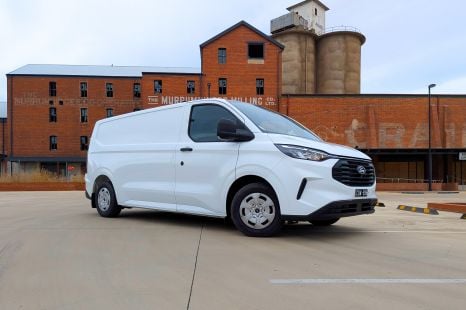

William Stopford
3 Days Ago
Jaguar Land Rover is opening three more tech hubs in Europe to help it develop autonomous driving systems for its next-generation vehicles.

Contributor


Contributor
Jaguar Land Rover is continuing with its push towards autonomous driving by opening three new tech hubs in Europe.
The expansion, which Jaguar Land Rover says will create nearly 100 new engineering jobs, consists of three new hubs in Munich, Bologna, and Madrid.
The hubs are being set up to develop autonomous driving systems for the British manufacturer’s next-generation vehicles.
These news hubs join the six existing ones in Portland, Budapest, Shannon, Shanghai, Bengaluru, and Manchester, all of which will feed data to the Advanced Product Creation Centre in Jaguar Land Rover’s base in Gaydon, England.
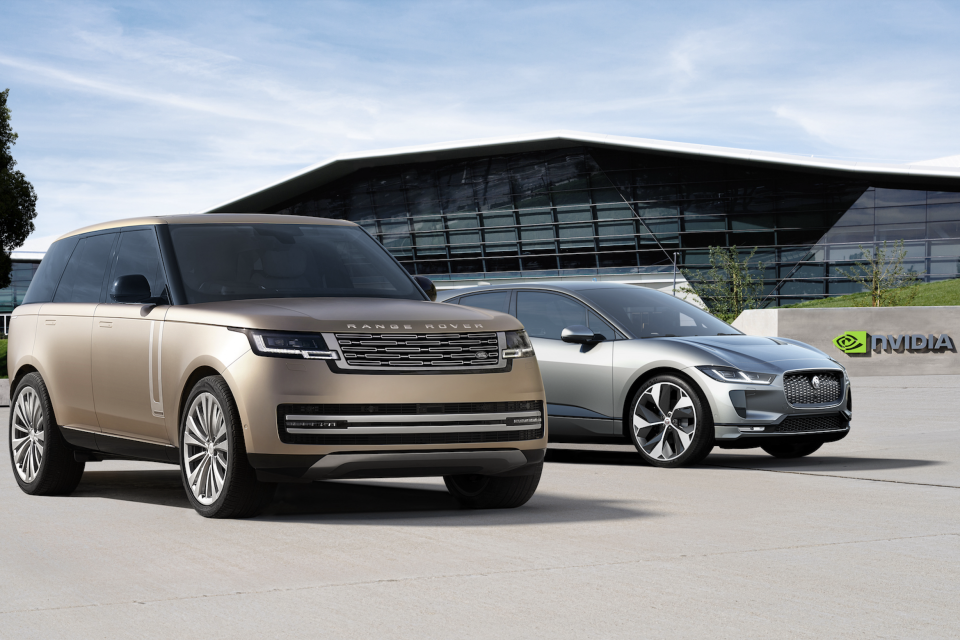
Jaguar Land Rover has a partnership with Californian artificial intelligence (AI) and computing giant Nvidia to develop active safety, driver assist and automated driving functions.
Nvidia, renowned for its gaming technologies and dominance of the consumer graphics processing unit (GPU) market, is using its software and hardware capabilities to provide the computing power needed for advanced driver assistance systems (ADAS) and autonomous driving.
As a result of the partnership announced a year ago, from 2025 all Jaguar Land Rover models will be built around a new ‘software-defined’ platform developed with Nvidia.
The next generation of Jaguar Land Rover vehicles will adopt Nvidia’s DRIVE Hyperion platform using the DRIVE Orin AI to support autonomous driving, driver monitoring, and over-the-air updates.
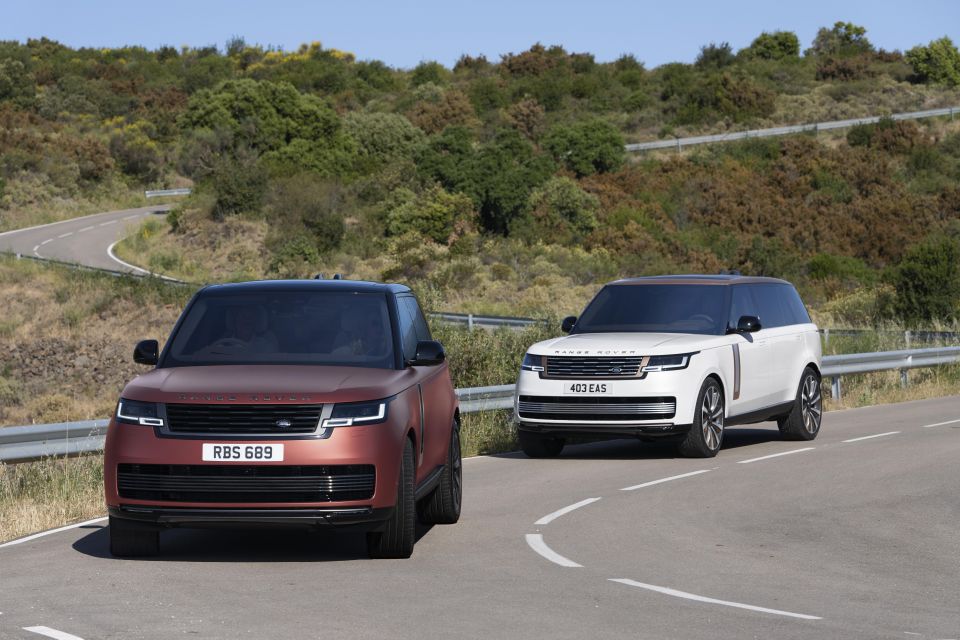
Nvidia says it can collect the necessary data to supply this AI through 12 exterior cameras, three interior cameras, nine radars, 12 ultrasonics, one front-facing LiDAR, and one LiDAR for ground truth data collection.
In 2019, Jaguar Land Rover also announced it was developing augmented reality technology that would enable ‘head-up display’ technology to beam real-time safety information in front of the driver, while also allowing passengers to watch 3D movies in personal infotainment projections.
The development of augmented reality, ADAS, and autonomous driving, all form Jaguar Land Rover’s ‘Smart Cabin’ vision which it says will “create a personalised space inside the vehicle for driver and passengers” that combines safety and entertainment features.
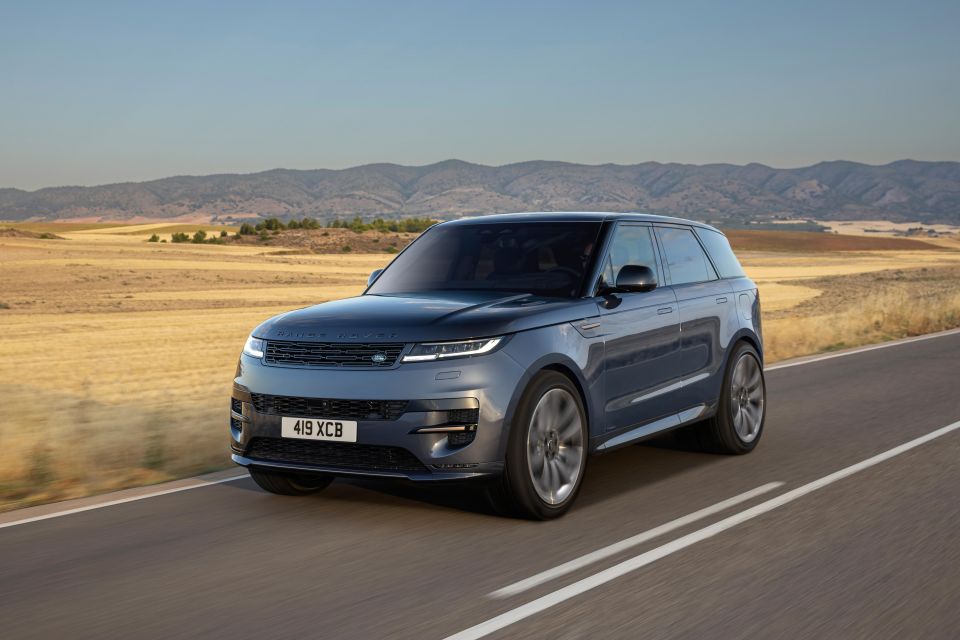
Mercedes-Benz is another major manufacturer that has established a partnership with Nvidia to develop its autonomous driving technology for future vehicles, with the new software architecture expected to be fitted to new vehicles as soon as 2024.
While Volkswagen has a different partner in Chinese firm Horizon Robotics, it too is pushing forward with its autonomous driving developments, optimistic that the technology will be commonplace in mass-market vehicles by the end of the decade.
Speaking on the global expansion of the technology development, Jaguar Land Rover product engineering director Thomas Müller said, “Software is essential for us to deliver a fully connected experience for our clients and creating global engineering hubs will enable seamless hybrid working across several locations and ensure we harness the best talent for our business.”


William Stopford
3 Days Ago
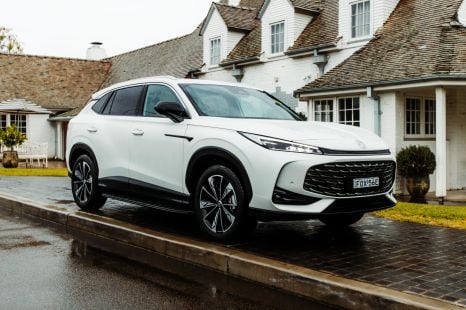

James Wong
2 Days Ago
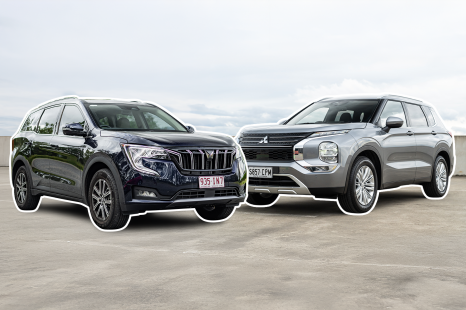

Andrew Maclean
1 Day Ago
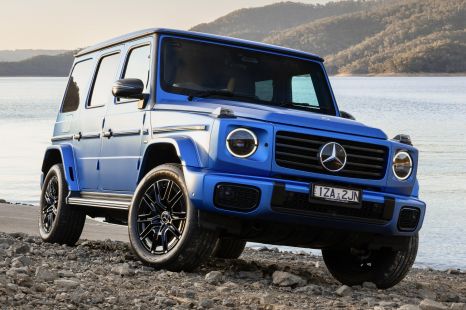

Max Davies
21 Hours Ago
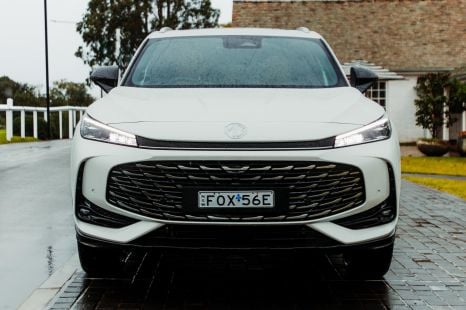

James Wong
17 Hours Ago


Josh Nevett
17 Hours Ago